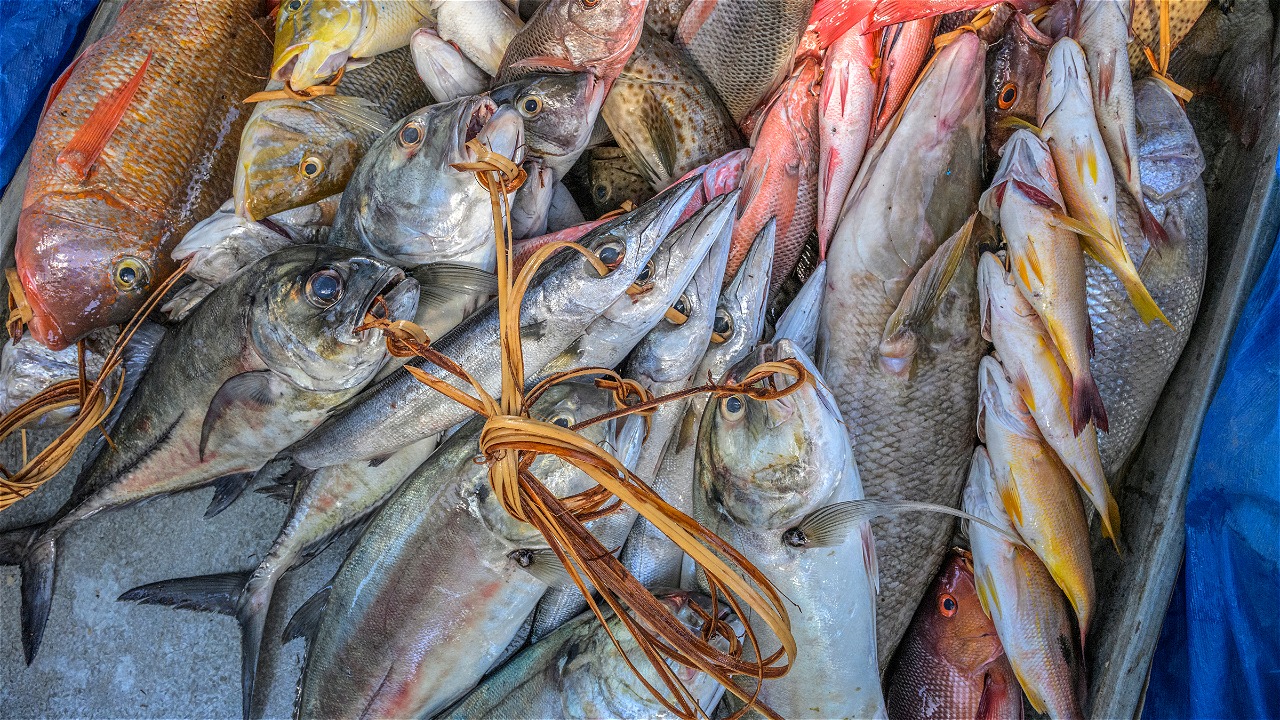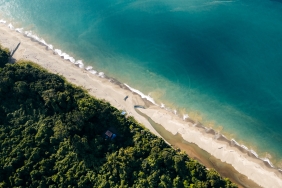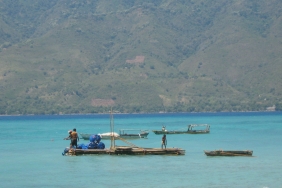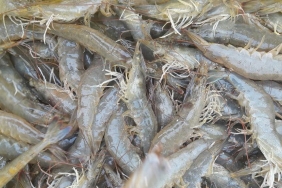BUILDING THE CAPACITY OF LOCAL AUDITORS FOR INDONESIA'S SUSTAINABLE FISHERIES
Author: Novita Eka Syaputri (Seafood Savers Communication Assistant)
Indonesia's capture fisheries are improving towards sustainable fisheries. One indication is the increasing number of fisheries industry players who conduct Fisheries Improvement Program (FIP) with the assistance of Seafood Savers. These fisheries industry players join Seafood Savers for the ultimate goal of achieving the Marine Stewardship Council (MSC) ecolabel certification.
WWF-Indonesia together with WWF-Coral Triangle and assisted by TAKA Foundation held a technical training for local FIP auditors in Indonesia.
To progress a FIP activity towards MSC certification, a fishery must go through a pre-assessment from the MSC. During the pre-assessment, the fishery will identify what improvements are needed and then a FIP action plan is developed. This action plan will be monitored annually for progress until the fishery is ready for MSC full-assessment.
There were several topics covered in the technical training, such as Ecosystem Approach to Fisheries Management (EAFM), fisheries governance, harvesting strategies, Unit of Assessment vs Unit of Certification, and Productivity Susceptibility Analysis (PSA). The training itself was quite interactive with exercises to solve problems in a fishery, presentations, and discussions. With this training, it is hoped that participants will gain a better understanding of the MSC standard, the process of scoring, assessment, and establishment from FIP, and get an overview of the fishing industry in Indonesia. All of this is done in order to accelerate the improvement of capture fisheries in Indonesia to obtain MSC certification and be ready to compete in the world market, such as India, China, and the Maldives, which have already obtained MSC certification for some of their fisheries units.
MSC ecolabel certification itself is important not only for maintaining fish stocks in the sea but also for the fishing industry. Based on WWF Smart Fishing Initiative in its report Comparison of Wild-Catch Capture Fisheries Certification Schemes in 2012, MSC has the highest score compared to similar ecolabel certifications. MSC has three main principles, namely sustainable fish stocks (sustainable fish stock), minimizing environmental impact (minimizing environmental impact), and effective management (effective management). With these three principles, MSC tries to bridge the market needs for sustainable seafood products. To date, the MSC has become the most sought-after ecolabel for capture fisheries products worldwide.





